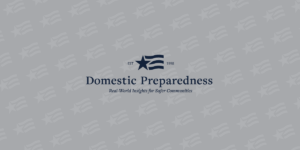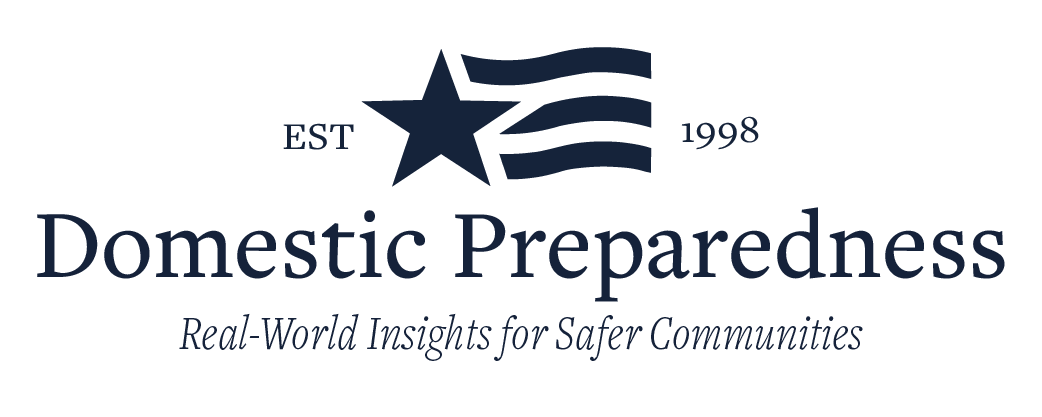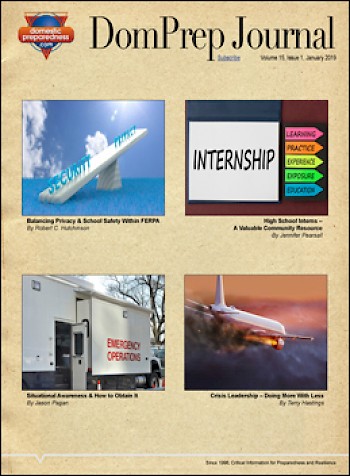
High School Interns – A Valuable Community Resource
Jennifer Pearsall
January 30, 2019
New York City Emergency Management (NYCEM) has designed an internship program specifically tailored
for high school students. The agency shares its lessons learned to help other agencies understand why
such efforts are important, how the program works, and what steps agencies can take to start their own
intern programs. Engaging at the high school level helps recruit a valuable yet underutilized resource
and promotes overall community resilience.

Force Multipliers for Public Safety
Catherine L. Feinman
January 30, 2019
As a hurricane approaches, a leader must decide whether to issue an order to evacuate or to shelter
in place. When creating active shooter plans, school officials must determine what information can and
should be shared to mitigate the threat. To mitigate disaster, each community must consider the unique
risks and threats that it faces. As emergency preparedness professionals age, they must engage youths to
ensure future resilience. This edition of the DomPrep Journal highlights four key force multipliers for
promoting public safety: information sharing, crisis leadership, situational awareness, and youth
engagement.

National Health Security Strategy 2019-2022
Domestic Preparedness
January 24, 2019
Our nation faces diverse and evolving health security threats that have the potential to disrupt our public health and health care systems and inflict injury and loss of life on

National Health Security Strategy 2019-2022
Domestic Preparedness
January 24, 2019
Our nation faces diverse and evolving health security threats that have the potential to disrupt our public health and health care systems and inflict injury and loss of life on

Balancing Privacy & School Safety Within FERPA
Robert C. Hutchinson
January 23, 2019
On 2 January 2019, the Marjory Stoneman Douglas High School Public Safety Commission (MSDHSPSC) released its initial report. The commission report addressed many critical issues and lessons learned within its 15 chapters. The chapter on information sharing discussed the actual or perceived restrictions from privacy laws such as the Family Educational Rights and Privacy Act (FERPA). The discussion addressed several areas where there is significant confusion and dispute that continues until today, and directly impacts safety and security planning, preparedness, and collaboration.

Situational Awareness & How to Obtain It
Jason Pagan
January 16, 2019
Emergency management is a dynamic field filled with numerous personalities managing ever-changing environments. Some emergency managers handle disastrous events on a yearly basis compared with others who go their entire careers without facing a single disaster. They maneuver unique political landscapes, manage robust emergency management offices, or work in offices of one. In any setting, one of the critical tools found within the emergency manager’s toolbox is maintaining situational awareness.

Crisis Leadership – Doing More With Less
Terry Hastings
January 9, 2019
During a crisis, leaders must be able to adapt and operate in an uncertain environment. In doing so, leaders are required to make more consequential and challenging decisions with less information and less time to decide. They also have fewer options to consider and likely garner more scrutiny for their actions. This examination of key case studies provides current leaders with lessons learned from effective and ineffective leadership decisions in the past.






